By Alabi Williams
It was Edo State Governor, Godwin Obaseki, who raised the alarm recently, that the Federal Government may not be able to pay salaries beyond June unless fuel subsidy is removed. The alternative, he warned, during the May Day rally in Benin City, is that the Federal Government may resort to massive printing of currency to meet its finances. Even though the Labour Minister, Chris Ngige, ungraciously told the governor to shut up and mind his business, the gravity of the fuel subsidy conundrum was not lost on onlookers.
READ ALSO: FG, States Can’t Pay Salaries Beyond June Without Removing Fuel Subsidy – Obaseki
Join our WhatsApp Channel
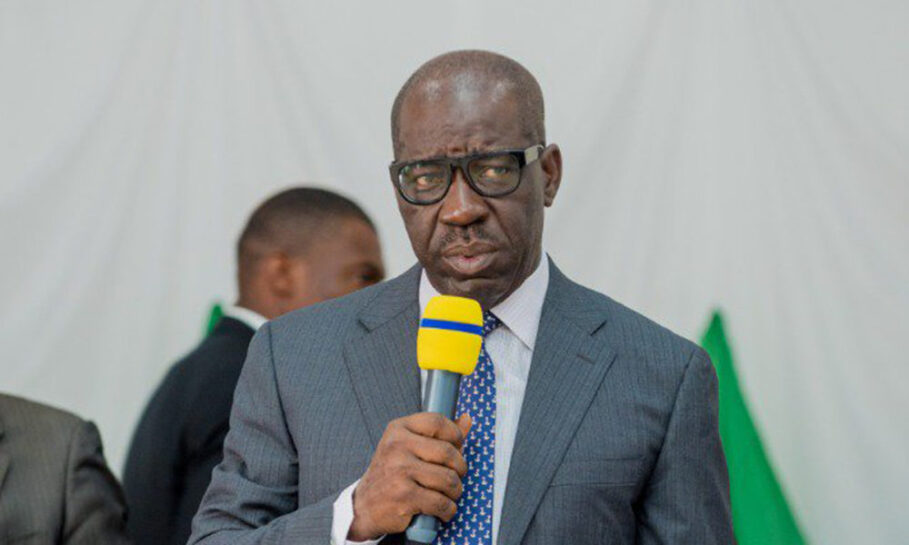
The outgoing government of President Buhari has been threatening to remove petroleum subsidy since it was elected in 2015. His party, the All Progressives Congress (APC) had denied in the campaigns that brought them into office that there was anything like subsidy. They argued it was a scam used by the previous government to enrich friends and party men.
In 2011, when headline inflation was around 12 per cent, the Goodluck Jonathan government went to town to evangelize Nigerians on the subsidy situation, and why it was no longer sustainable. Opposition elements rallied to frustrate that conversation. At that time, the pump price of Premium Motor Spirit (PMS) was N65.
The Jonathan government was hell-bent on the total removal of whatever was petroleum subsidy. And he did on January 1, 2012, fixing the price at N141 per litre. All hell was let loose. Members of the civil society, the Labour and very senior citizens mobilised for a one-week showdown, during which the government suffered a black eye, made a retreat and re-adjusted the pump price to N97 per litre. At that time, what the Federal Government paid for petroleum subsidy was around N1.7 trillion per budget year.
When the APC won the election and formed government in 2015, they realised that they lied to the people in all their arguments, particularly on subsidy. They had used every trick in the books to de-market the government they took over from, including blackmail. But they never had the discipline to apologise for misleading Nigerians when their lies were found out, one after the other.
Since 2015, the Federal Government has been making budgetary provisions for subsidy, even increasing it to an outrageous and embarrassing N7 trillion, according to 2022 budget figures. Whereas previous governments tried to fix refineries and force them to refine locally, to support whatever was imported, the outgoing government spent huge sums to maintain the refineries, even though they did not refine crude for years.
The Socio-Economic Rights and Accountability Project (SERAP) is demanding an explanation from the government on over N1.4 trillion allegedly spent on four refineries between 2015 and 2020, whereas they refined zero crude. This is the basket case that ballooned PMS subsidy to where the government claims it is.
Some stakeholders, however, do not believe the figures reeled out by the government, in terms of quantity imported and what is paid as a subsidy. What is clear is that whatever is paid as a subsidy to import refined products is denying the government urgently needed revenue to fix other sectors, such as education, health and infrastructure, including payment of salaries. This is a major headache for states.
Now, the government has dug itself into a hole and has no clear idea how to crawl out. It’s no fault of taxpaying citizens that the government had abandoned the refineries for years. It’s no fault of citizens that international players determine the prices of crude and derivatives. It’s no fault of law-abiding citizens that some unscrupulous economic vandals in high and low places smuggle subsidized petrol to sell in neighbouring countries at higher prices to profit illegally. But the government is quick to announce bloated subsidy figures and threaten to share losses with already pauperized citizens.
Yet, they fear the backlash and the looming uprising in a post-subsidy economy. With April’s inflation reaching 22.2 per cent, it will be catastrophic to abruptly terminate subsidy payment in June as the 2023 budget recommends. The Buhari government and everyone know how volatile the market would react at a time of severe depression when millions of citizens are struggling to feed properly.
Whereas the government did well to have signed the Petroleum Industry Act (PIA), which recommends deregulation, and removal of subsidy for PMS like in the case of diesel, it lacks the guts to go ahead with it because other variables that will mitigate the impact of deregulated PMS are simply not available. It doesn’t make sense that a country with four refineries is unable to refine crude for many years. Even though output from the three or four refineries in Port Harcourt, Warri and Kaduna cannot service local consumption, a sizeable importation to augment the shortfall could have reduced the burden, were they to be functional. But to have surrendered the market to wholesale import for all these years looks like a suicide mission.
Nonetheless, there are segments for which there is no other argument outside subsidy removal. And they are desperate. Some in the business community think the matter is over-flogged and the time to have done it was yesterday. They think the resources being expended on the scheme could be better utilised to provide stable energy for manufacturers, good roads and a more efficient transportation system. They seem to forget that over the years, the government has forever been in the business of subsidy removal without anything meaningful from the various windfalls.
Those in government are only interested in the extra cash they will have at their disposal to do all manner of ‘projects’. And they cleverly placate workers with dubious safety nets that have never worked. Their thinking is that the people will get used to higher petroleum prices and will soon adjust. But they have forgotten that manufacturers are struggling to survive under the yoke of deregulated diesel. The trouble with diesel has been compounded by lack of investment in the downstream sector to enhance local blending. Whatever quantity is imported comes at a premium. And if the variables for PMS do not change before subsidy removal, chances are that the pump price will skyrocket.
State governors have been in the campaign for subsidy removal and they are not doing it because they love the people. They are eyeing the trillions of naira that would be shared from the Federation Account, but they are not accountable. For them, that is the essence of subsidy removal. This is the time to adjust that warped mindset.
The next government should take time to study the situation. It is dubious to say that poor Nigerians do not benefit from fuel subsidy. The vehicles you find on Third Mainland Bridge at peak hours every day belong to workers. They run on petrol and the owners are not ‘Big Men’, just ordinary, salary earners. Then, go to bus stops and see ordinary Nigerians, not big men. Don’t forget that millions of Nigerians have power generators at home. They use petrol.
In Kaduna, Governor Nasir el Rufai wants a revised revenue sharing formula to give states 80 per cent and the Federal 20. It’s the same argument for more money for states to share.
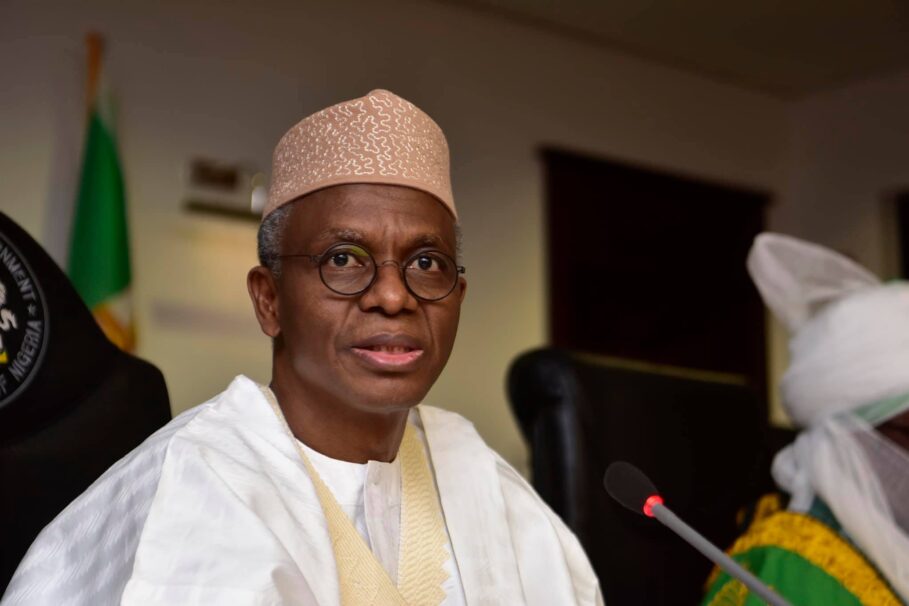
According to him, “If we reverse the revenue allocation and the Federal Government has only 20 per cent, and 80 per cent goes to the states, then you go to the exclusive list and revert to the 1963 Constitution where the FG had limited functions and most of the functions went to the states.
READ ALSO: El-Rufai Moves Against Postponement Of Fuel Subsidy Removal
“If your general hospitals don’t work, if your primary schools don’t work if your secondary schools don’t work, and so on, you ask your governor. Then things will begin to change. The states will have enough resources to compete, just like in the days of regional governments…”
El Rufai spoke at an event on how to build a post-oil economy. It is good to discuss what the post-oil economy should look like, but the starting point should be revenue generation, not sharing.
All outgoing governors are leaving behind huge debts. They are not leaving behind notable assets or investments to repay the debts. They pick taxes from the service sector, nothing serious.
Those regional governments were largely self-sustaining; they grew and sold cash crops – cocoa, cotton, groundnut, palm oil, etc. They built durable two-lane roads and provided basic education and industries.
El Rufai and his friends should remember that in those days, there was no crude oil money to share. The leaders of that era applied ingenuity to harness resources for capital development. They depended largely on agriculture. When they had the need to obtain credit, they invested wisely in projects that provided employment. Little wonder, Kaduna became a hub for textile activities and transformed into an industrial city.
In Obaseki’s part of Nigeria, cocoa was the mainstay of many northern communities. Once upon a time, the government provided a nursery for seedlings at Dagbala, in Akoko Edo, to nourish farms and replace old trees. That’s history now. Commercial rice will do well in Agbede, Edo Central. In the South, palm oil, rubber and citrus trees will earn good revenue for the state.
So much in agriculture to take governors’ minds from the subsidy nightmare!
Alabi Williams is a former Editor of The Guardian

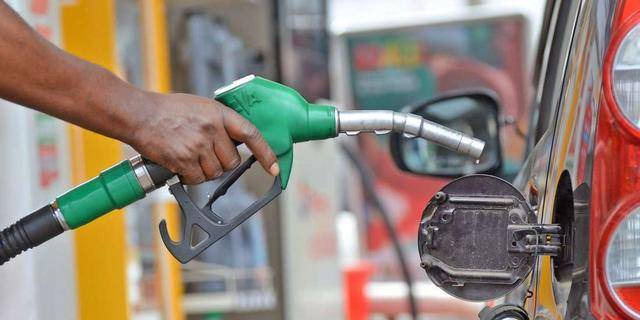


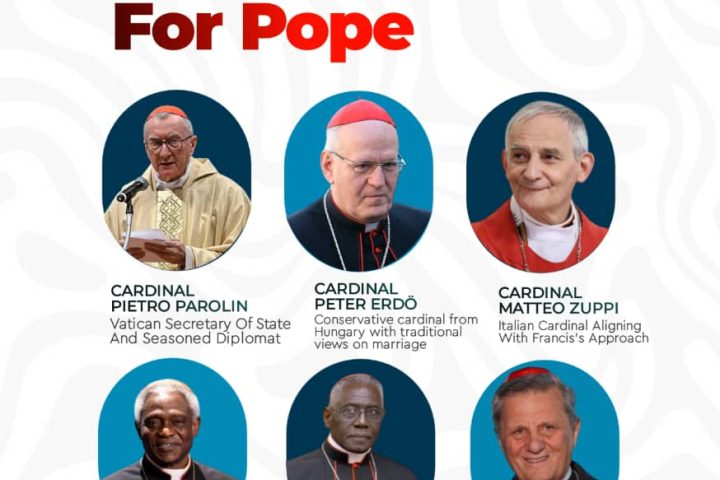
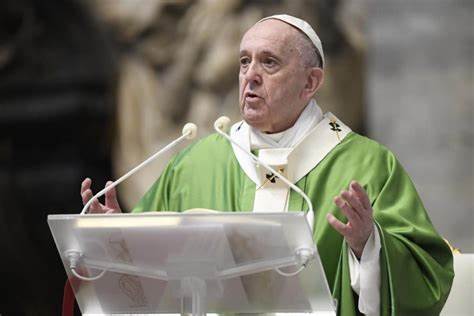
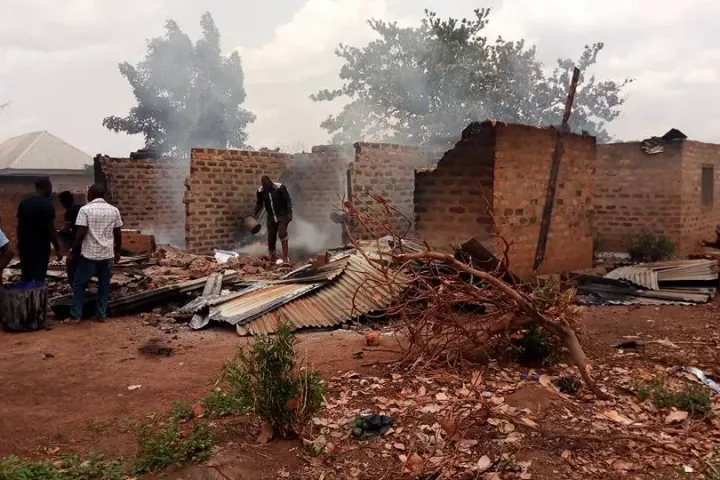







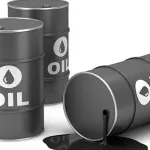
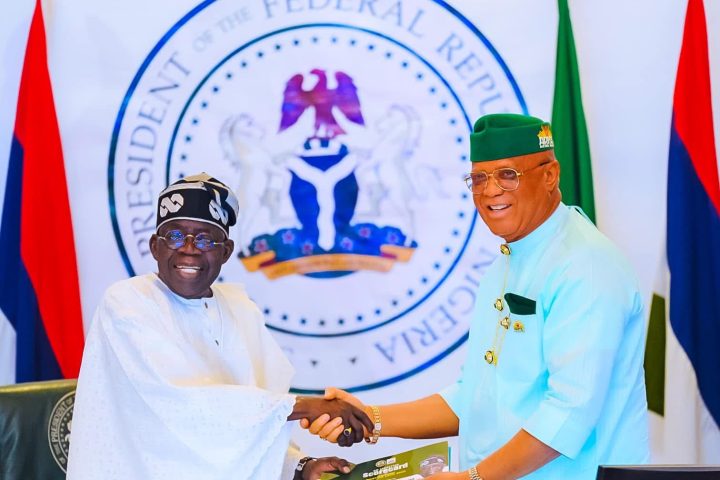

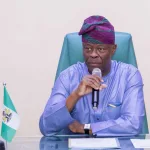
Follow Us